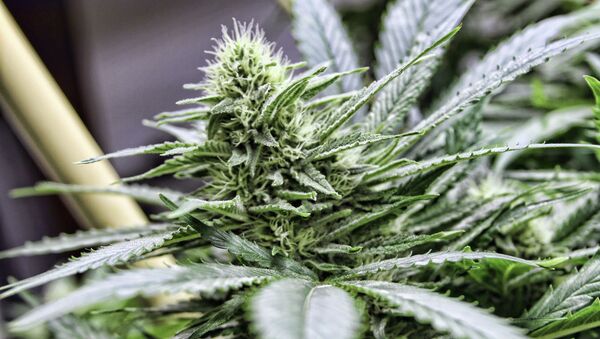The study, called "Associations Between Cannabis Use and Physical Health Problems in Early Midlife: A Longitudinal Comparison of Persistent Cannabis vs Tobacco Users," was published in June in the Journal of the American Medical Association, monitoring the health of 18-year-olds who smoked either marijuana or tobacco over a 20-year period.
The authors of the study say it is important because "After major policy changes in the United States, policymakers, healthcare professionals, and the general public seek information about whether recreational cannabis use is associated with physical health problems later in life."
The study found that subjects who smoked marijuana had poorer oral health than those who smoked tobacco, and that "cannabis use was unrelated to other physical health problems." It also said that, "Unlike cannabis use, tobacco use was associated with worse lung function, systemic inflammation, and metabolic health at age 38 years."
Interestingly, users of synthetic cannabinoids like K2 are more likely to suffer serious health issues. Use of these laboratory-made marijuana replacements has been linked to violent behavior, delusions, kidney and liver damage, seizures, strokes, heart attacks and death. A drug chemist that goes by the pseudonym ForensicToxGuy once commented, "When it comes to consuming the herbal blends/incense blends/potpourri products out there, I say that they are products containing substances of unknown identity with unknown pharmacological and toxicological effects in unknown combinations at unknown dosages." In April there were 1000 poison control calls made about the substance, which has also referred to as "spice" and "scooby snacks."
This study comes at a time in which official attitudes around marijuana are rapidly changing in America. A 2014 PEW research study found that support for marijuana legalization had reached "an all-time high of 54%," a 2% increase from the previous year. The study also showed that 76% of Americans feel that if marijuana isn’t legalized than it should at least be decriminalized, and that people found with small quantities of marijuana should not be charged with a crime.
Another study published in the Annals of the American Thoracic Society indicated that long-term cannabis use does not adversely affect lung health. The study reported that "Lifetime marijuana use up to 20 joint-years is not associated with adverse changes in spirometric (exhalation strength) measures of lung health."




